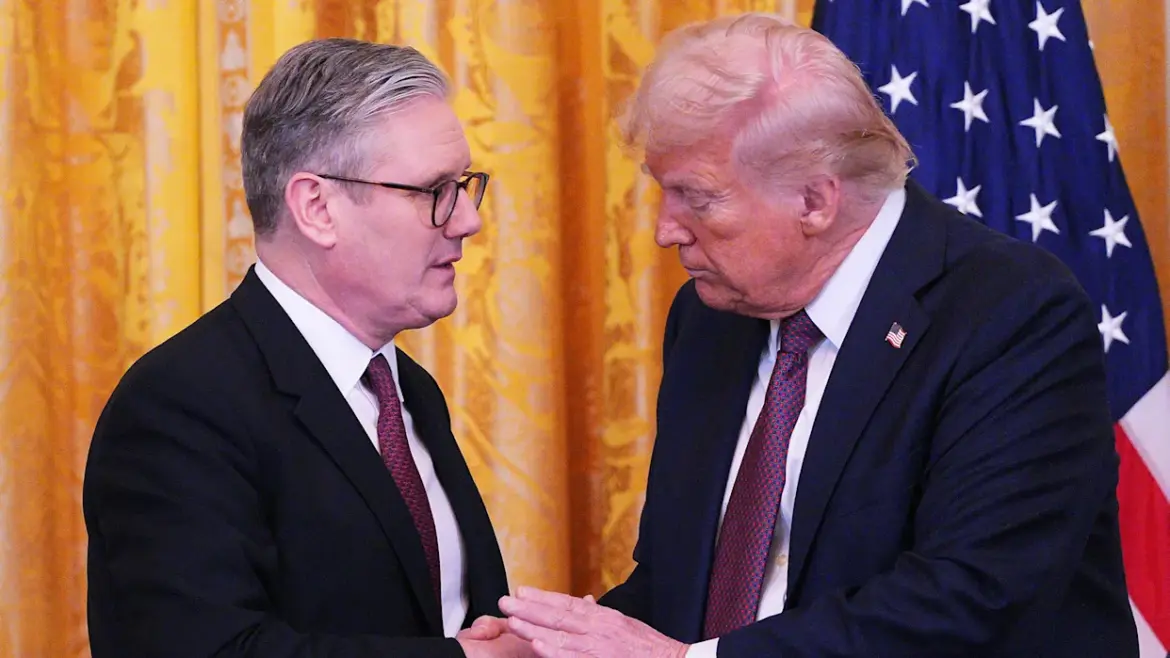This week, the UK found itself in the spotlight as a major technology deal with US firms was finalised during Donald Trump’s State visit.
Sir Keir Starmer announced a multi-billion-pound agreement that promises to funnel significant investment into the country, with the potential to reshape sectors like artificial intelligence (AI), quantum computing, and nuclear power.
Sir Keir described the pact as a “general step change” in Britain’s relationship with the United States, claiming it would bring “growth, security, and opportunity up and down the country.”
Yet, questions linger about what the UK had to offer in return for this massive £30 billion investment.
Labour Faces Scrutiny Over Concessions
Tories have pressed Labour for details on any compromises made to secure the deal.
US tech giants have long lobbied against the UK’s digital services tax and for copyright flexibility, allowing them to use content from the country’s creative industries more freely.
Shadow technology secretary Julia Lopez voiced concerns, saying, “Labour must be open about what concessions they have made to get this deal over the line, and who instead they’ll be trying to tax to make up for lost revenue.”
Critics worry the digital services tax, a 2 per cent levy on online search engines and social media that raises around £800 million a year, could be negotiable to appease US companies.
Copyright and AI: A Tense Balancing Act
The agreement could also impact the use of copyrighted material in AI development.
Some US firms are seeking the right to access content from UK artists, writers, and publishers without paying fees, raising concerns over intellectual property protections.
Meanwhile, the deal aims to boost Britain’s AI infrastructure, which supporters argue could accelerate innovation in medicine, life-saving treatments, and cancer care.
Massive Investment from Tech Giants
The UK is set to receive around £31 billion in investment from top US technology companies, including a whopping £22 billion from Microsoft.
Google alone plans to invest £5 billion in AI over the next two years, funding a new data centre in Hertfordshire.
These investments are seen as a major step forward for the country’s tech ambitions, potentially cementing the UK as a hub for cutting-edge AI research and advanced manufacturing.
Energy Concerns and Net Zero Challenges
However, not everyone is celebrating.
Critics warn that the energy demands of these data centres could conflict with Labour’s Net Zero targets.
Tory energy spokesman Claire Coutinho warned, “Britain will not grow or make the most of AI or advanced manufacturing without access to cheap, reliable, and abundant energy.
Labour’s obsession with Net Zero is delivering the opposite.”
Looking Ahead
As the dust settles, the focus will shift to transparency: what concessions were made, how the government plans to offset any lost revenue, and whether this deal can truly balance economic growth with environmental goals.
The next few months will be crucial in determining whether the “tech prosperity deal” lives up to its promise.
